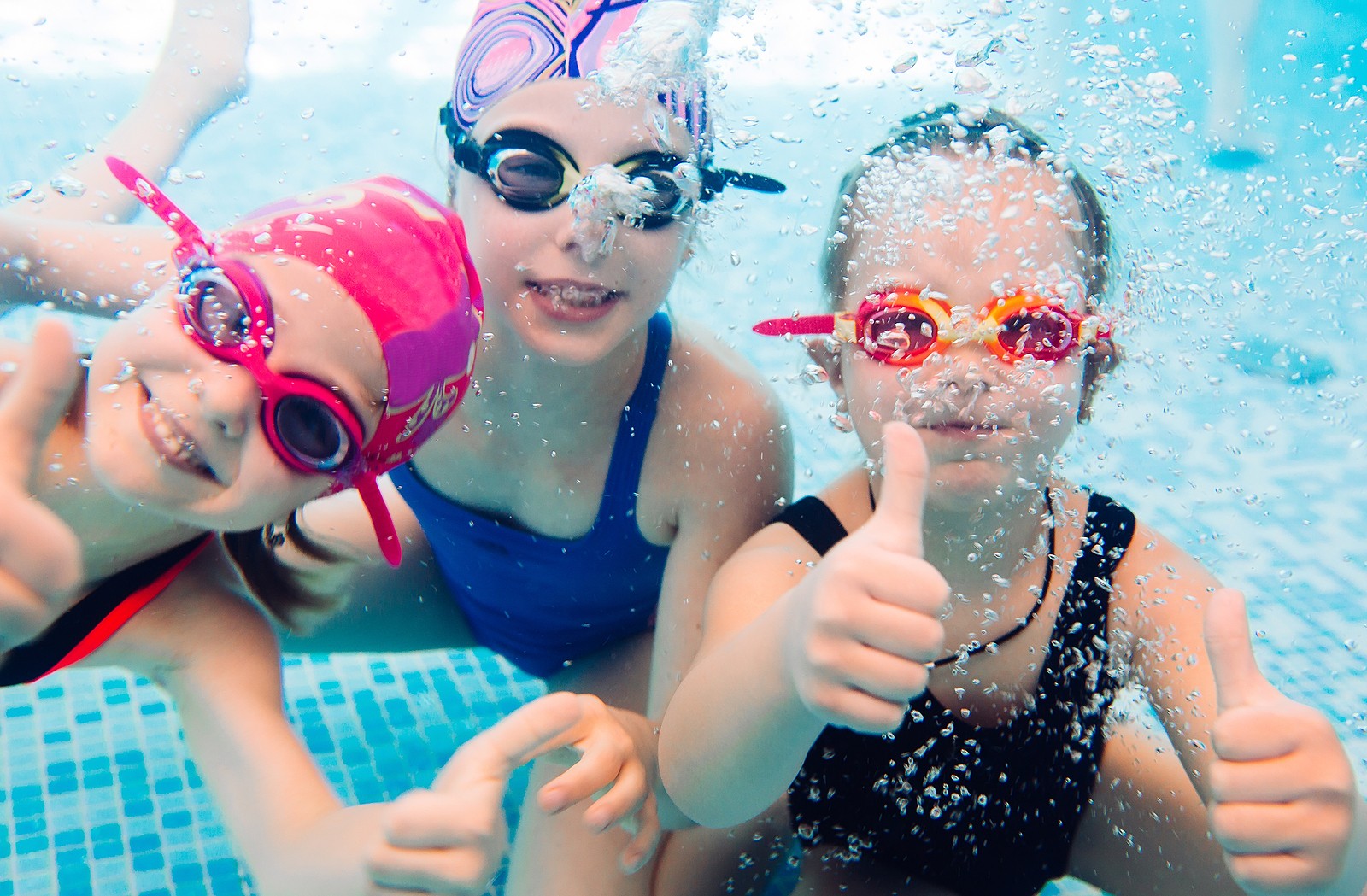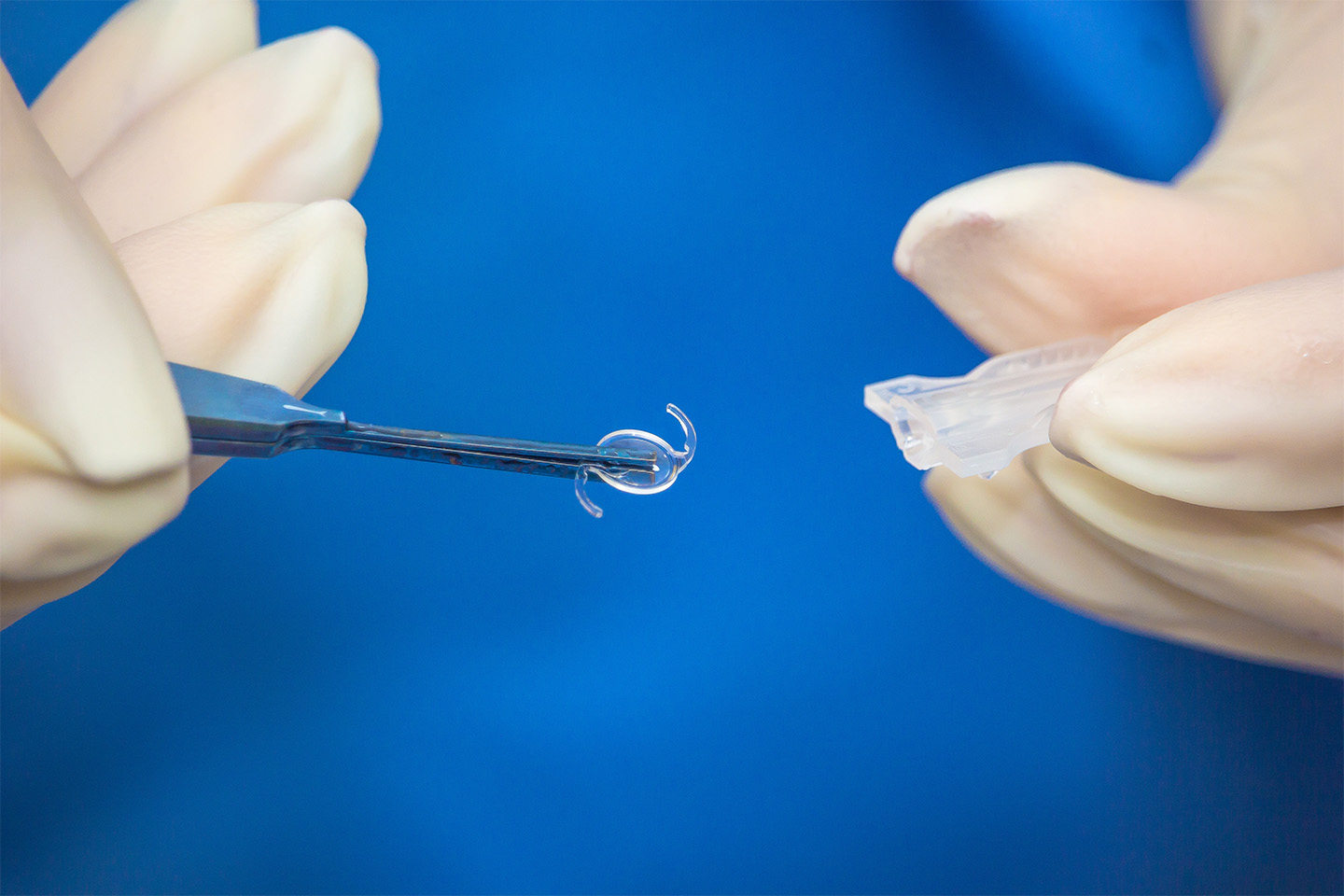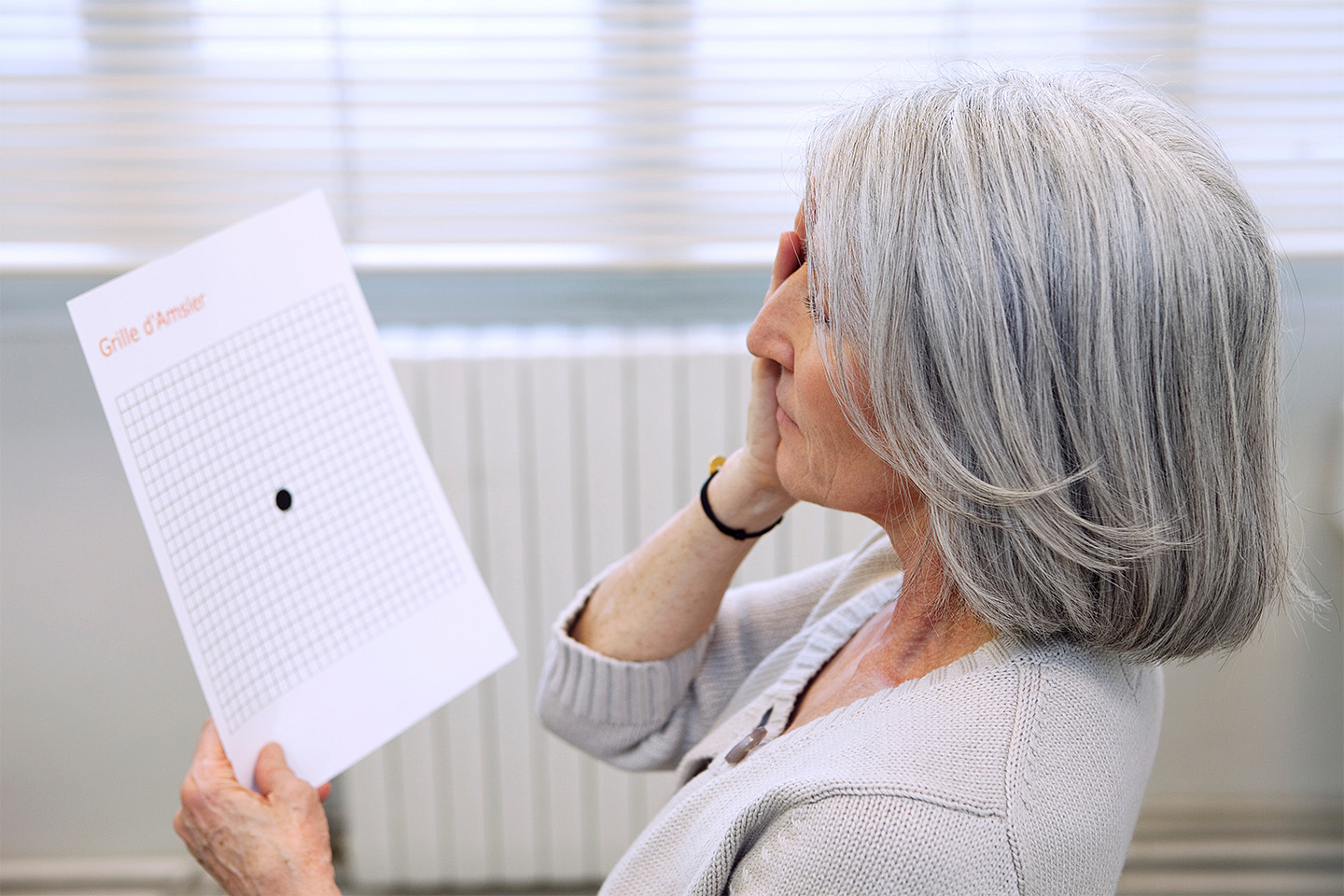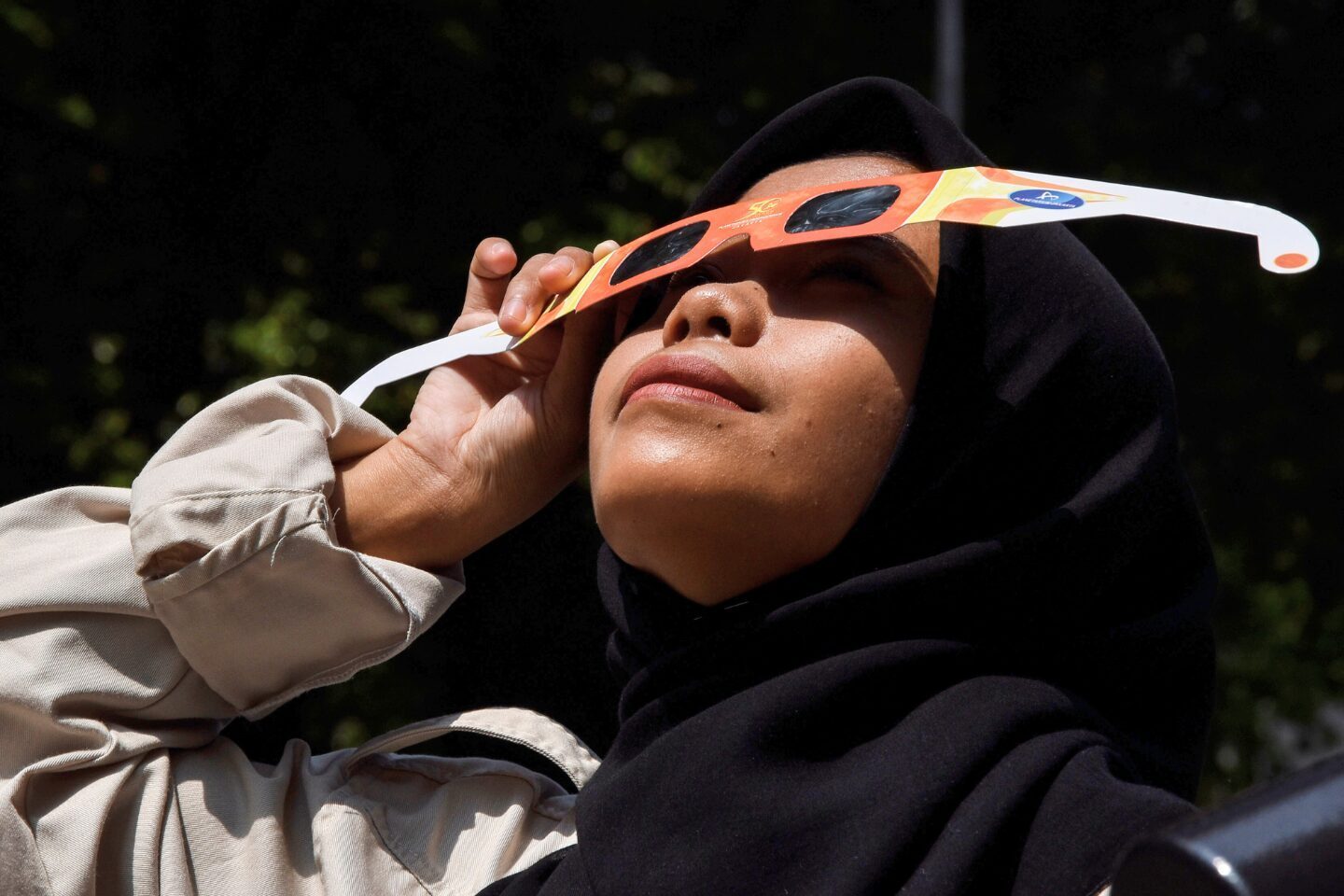What You Need to Know about Swimming Pools & Your Eyes

There’s nothing more refreshing than a dip in the pool on a hot summer day. While you’re taking the precautions to protect your skin with sunscreen, make sure to shield your eyes from the potential dangers floating beneath the surface.
Let’s dive into everything you need to know about swimming pools and eye health for the rest of summer.
Protect your tear film
Your tear film is an important part of maintaining healthy eyes. It consists of oil, mucous, and water to wash away dirt and bacteria and prevent infection.
Unfortunately, chlorine, saline, and other chemicals used to keep the pool clean can destroy this tear layer. Without it, you’re susceptible to infections. Not to mention, continued exposure to these pool chemicals is associated with dry eye syndrome.
Here are three easy ways to keep your tear film intact.
- Wear Goggles — Goggles offer the ultimate protection for your eyes. They keep chlorine and bacteria away and allow you to swim with your eyes open. If you swim frequently, you can opt for prescription goggles to maintain your best vision. Be sure to clean your goggles after every use to remove bacteria that has built up on the lenses.
- Use Eye Drops — Apply lubricating or gel-based eye drops before and after your swim to support the tear film.
- Check the chemical levels — Ideally, you want the pool pH levels to be about 7.4, which is about the same as your eyes. If the pool is too acidic, it leads to eye irritation and symptoms like stinging, burning, dryness, and redness, also known as “swimmer’s eye.”
Skip the Contacts
Contacts are almost always a no when it comes to swimming. These lenses soak up bacteria and trap them on the eye, which increases your risk of serious corneal infections. If you do end up swimming with your contacts in, be sure to remove and throw away the contacts right after. Then, rinse your eyes as soon as you get out of the pool.
While you could wear goggles over them, you still risk bacteria contaminating your contact lenses. Using prescription goggles or foregoing your corrective eyewear altogether if your prescription allows is the best option.
Hydrate
Make sure to drink plenty of water during the summer, especially at the pool. The combination of sun and water can dehydrate your body and your eyes. Dehydration means decreased tear production and increased risk for damage from chemicals and bacteria.
Wash your eyes after swimming
Always thoroughly rinse your eyes with clean water, saline, or artificial tears after a swim to soothe irritation and remove any chemical and bacterial residue on the eyelids and lashes.
Avoid swimming after LASIK surgery
If you recently received cataract and LASIK surgery in Dallas, you should avoid the pool during your recovery period. The chemicals and bacteria can get inside the flap or surgical incision, causing infection. Even wearing goggles can slow your recovery by changing the pressure in the eye. Our eye doctors in the greater Dallas area will provide specific instructions on when you can resume water activities.
At Kleiman Evangelista Eye Centers in Dallas, we aim to keep your eyes healthy and help you maintain the best vision possible. If you’re experiencing swimmer’s eye or other irritation, we can help soothe your symptoms and restore your comfort.









